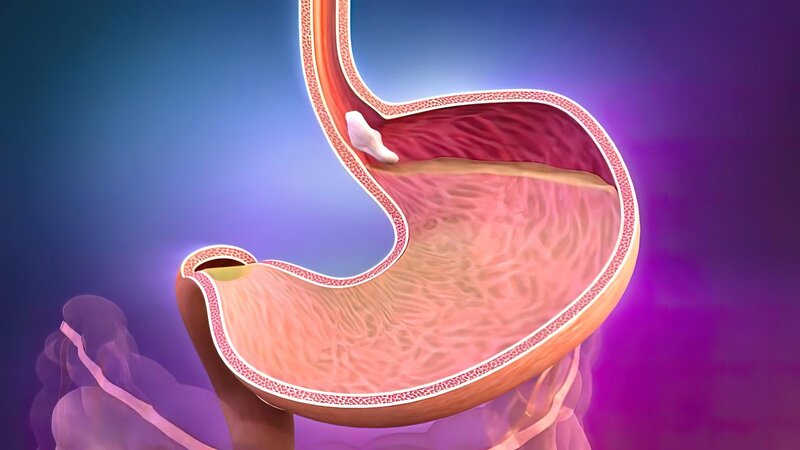
The Importance of Digestion in Ayurveda
Posted by Brooke Wilson on 2023-01-09
The importance of digestion in Ayurveda can not be overemphasized. It is the key to ensuring proper health and wellness. When digestion is not at its peak, it can lead to various diseases. To avoid this, we must follow certain rules. These include a proper diet, exercise, and proper drinks.
Foods
Ayurveda, the ancient science of health care, believes that good digestion is the basis of a healthy body. It teaches us to maintain our digestive system through a balanced diet and proper lifestyle habits.
In Ayurveda, the digestive fire, or Agni, is the source of energy that keeps the body alive. Agni governs assimilation, digestion, and metabolism. When Agni is weak, it can lead to several problems. This condition can cause digestive disorders and other ailments.
The Agni, which is also known as jatharagni, is primarily located in the stomach. However, it is present in all cells. If the Agni is not stable, toxins can build up in the body. These toxins can begin to cause diseases.
Digestive Agni is at its best during the daytime. But it is at its weakest during the evening.
Drinks
Ayurveda recommends drinking drinks for digestion before and after meals. These drinks are designed to stimulate digestion, promote health, and improve the immune system. The best beverages for digestion are those that are hydrating yet don't disrupt your digestive process.
Drinking a drink that contains spices like turmeric and ginger is a great way to stimulate your Agni or digestive fire. They are also a way to increase the absorption of nutrients. You can also make tea from plants you have in your garden.
You can find a variety of teas and other Ayurvedic drinks at Banyan. Some are a great way to bring comfort and nourishment to your body on a cold day. Other herbal blends are a great way to help your digestive system.
Exercise
The ancient medical system of Ayurveda has recommended exercise for thousands of years. Ayurveda teaches that regular exercise helps digestion and increases the immune system. Regular exercise also helps improve memory and concentration. In addition, it increases life force and prevents joint problems.
The amount of exercise needed depends on the body's constitution, age, and climate. Ideally, all doshas should participate in daily exercise. However, women should avoid vigorous sports during menstruation.
When planning your exercise routine, start slow and build up. The best time to exercise is in the morning. This will help to regulate the body's natural rhythm. It will also increase oxygen intake to the brain.
Exercise also burns impurities. To avoid overdoing it, wait two hours after your last meal before exercising.
Proper daily routine
The Ayurvedic system of medicine emphasizes good digestion. It is essential for the proper functioning of the body. Proper eating habits, herbs, and lifestyle are all important to help the digestive system operate properly.
Several diseases are caused by improper digestion. These include constipation, gas, diarrhea, burning, bloating, and more. Toxins are also a main culprit. If they are not expelled, they can lead to inflammation in the bronchi and lower back, and they can block energy.
An ayurvedic diet encourages eating whole foods and taking herbal medicines. Foods rich in alkaline minerals are also known for their detoxifying properties.
A person's constitution, or dosha, is a key factor in how well the digestive system works. Everyone has all three doshas in their body. They are responsible for controlling the nervous system, circulation, and the catabolism of food.
Five types of Agni
The Ayurvedic system of medicine states that digestion is one of the vital factors that govern our health. It is said that a balanced level of digestive fire is the key to a long, healthy life.
Agni is a vital part of digestion and metabolism. In fact, the digestive fire is considered the primary governor of energy. This energy is used to help convert heterogeneous food components into homogeneous ones.
There are four types of Agni. These types are the Vata type, the Kapha type, the Manda type, and the Jata type. Each dosha has its own characteristics and can affect the digestive fire.
The Vata dosha, for instance, has a light and mobile qualities, which are likened to gusty winds. However, when contaminated, Vata can lead to flatulence, irregularity in metabolism, and poor immunity.